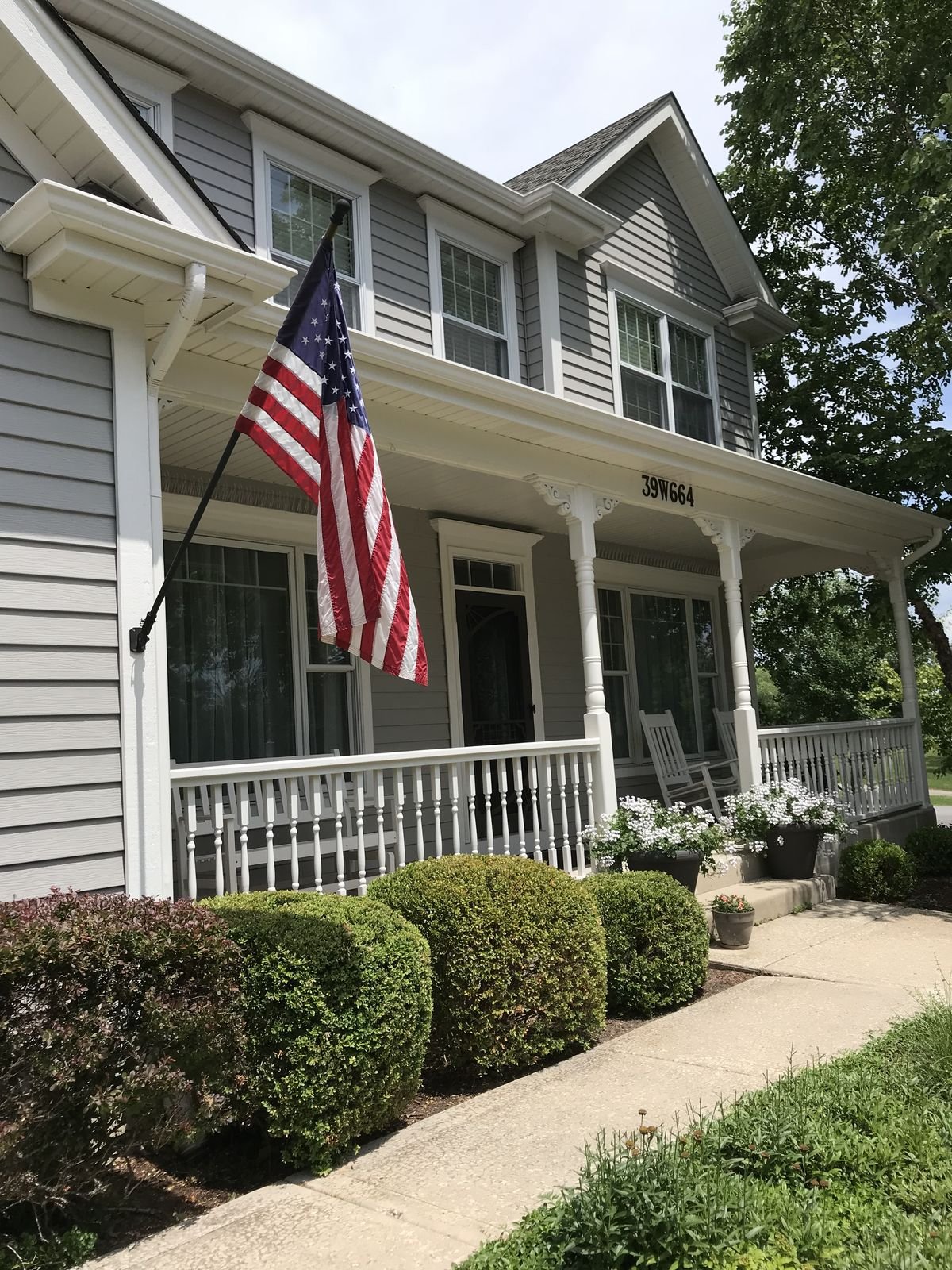In a world where economic uncertainty, political division, and rising living costs have become the norm, more men are quietly asking themselves a new question: Should I buy a house abroad as a backup plan?
It’s not just about owning a vacation home. For many, it’s about security, freedom, and optionality,the ability to pivot when their home country no longer offers the quality of life they want. But like any major move, this decision has layers of complexity.
Let’s unpack whether buying a house abroad is actually a smart backup plan,or a costly mistake waiting to happen.
1. Why Men Are Considering It
Cost of Living Pressures: Housing in North America and parts of Western Europe has reached crisis levels. In contrast, you can buy a quality apartment in Eastern Europe or Latin America for a fraction of the price.
- Lifestyle Options: Having a second home abroad offers the chance to escape cold winters, enjoy better food cultures, or access vibrant dating and social scenes.
- Geopolitical Insurance: Many are realizing that their home country may not be the safe haven it once was. Owning property abroad can act as a literal “Plan B” if things go sideways.
2. The Pros of Buying Abroad
Affordability: In places like Turkey, Mexico, or Colombia, you can still find homes under $150,000 that are modern and centrally located.
- Rental Income: In high-tourism destinations, your home can generate Airbnb income while you’re not using it.
- Residency Opportunities: Some countries offer residency visas or even paths to citizenship when you invest in real estate.
3. The Hidden Risks
- Legal Traps: Not all countries allow foreigners to own property outright. Some restrict land ownership or impose high transfer taxes.
- Maintenance Headaches: Who looks after your property when you’re not there? Local management costs can eat into your investment.
- Liquidity Problems: Unlike stocks or crypto, you can’t sell a foreign property overnight. If you need cash fast, you might be stuck.
- Cultural Disconnect: Buying in the wrong neighborhood without understanding local culture can leave you isolated or worse, taken advantage of.
4. Where It Works Best
- Portugal & Spain: Attractive residency programs plus strong real estate markets.
- Mexico: Proximity to the U.S., thriving expat communities, and affordable beach towns.
- Eastern Europe (e.g., Bulgaria, Romania): Low entry price points with EU access potential.
- Southeast Asia (Thailand, Philippines): Vibrant expat hubs and favorable costs, though ownership laws require careful navigation.
5. Smart Rules for Making It Work
- Don’t Overextend: Never tie up all your savings in a foreign property. Treat it as an option, not your entire safety net.
- Test Before You Buy: Rent in the area for six months before committing. What looks like paradise on vacation may be a nightmare long-term.
- Hire Local Legal Help: Don’t rely on agents alone. You need a lawyer who knows foreign ownership laws inside out.
- Think Long-Term: Choose areas with stable governments, steady tourism, and infrastructure growth.
- Diversify Your Backups: A house abroad is useful, but it should complement,not replace,other Plan B tools like offshore banking, multiple residencies, or a diversified income stream.
Final Thoughts
Buying a house abroad can be a powerful backup plan,but only if you approach it with clear eyes. For some men, it’s the ticket to freedom, a hedge against uncertainty, and a lifestyle upgrade. For others, it can become a costly anchor if rushed into without due diligence.
The smartest approach? Don’t buy just for the dream. Buy for strategy. Think of it as a chess move, not a lottery ticket.
Because in today’s world, optionality is the new wealth.













